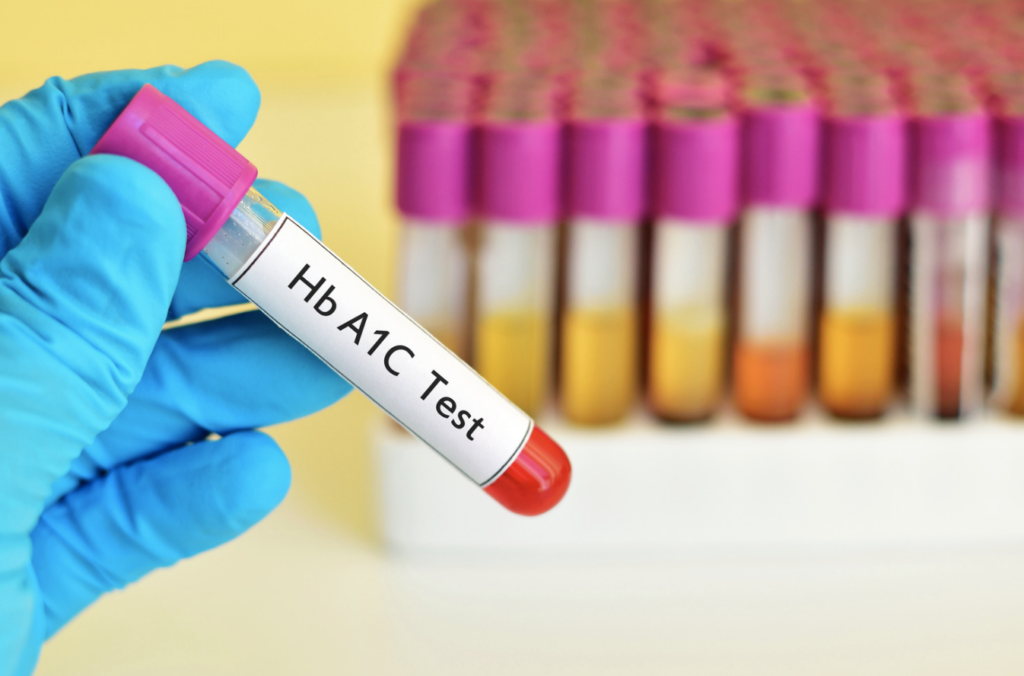These problems can also exist in children who have metabolic syndrome.

Metabolic Syndrome, MS, is an assortment of conditions which will result in diabetes, stroke or cardiovascular illnesses.
Thanks to a sedentary lifestyle and increasing hi-tech evolution, our life style is revolutionized as well, reducing the need for physical movement. The byproduct of such a change is life style diseases. This is increasingly becoming a widespread problem in the US, UK and other developed & in developing nations.
The global occurrence of MS is on the rise as well with the overall global cases projected to be 20-25 percent of the adult population. As per studies, one-third among the adults in US & one-fourth among adults in UK suffer from this. As per a 2020 study done in India, the prevalence of MS among urban adult population in India was at 30 percent.Â
Symptoms
MS is identified mainly if one suffers from at least 3 of the major following symptoms:
- Blurred vision
- Increased thirst
- Increased urination, especially at night
- Tiredness and weakness
- Abdominal Obesity
- High Blood Sugar
- High Blood Pressure
- High Cholesterol levels
- A family history of Diabetes
- Pregnancy related Diabetes
- Polycystic Ovary Syndrome
- Sleep Apnea
The doctors will check for multiple factors, to diagnose if you have MS or not.
Your doctor will enquire as to whether you or any other family members have any symptoms or risk factors in order to diagnose metabolic syndrome. They could also enquire about your fitness routine and food.
Diagnosis
During your physical exam, your physician will measure your waist. If the circumference of your waist is greater than 35 inches for women and 40 inches for men, you may have abdominal obesity. It is one of the disorders associated with metabolic syndrome. Depending on your race and ethnicity, your healthcare professional might use various measurement values to make a diagnosis.
Diabetes
The haemoglobin A1c test, commonly referred to as the glycated haemoglobin test or the HbA1c test, is a crucial blood test that provides a solid indicator of how effectively your diabetes is being controlled. One of the primary methods used to identify type 2 diabetes is the HbA1c test, along with the fasting plasma glucose test.
HbA1c tests are occasionally used in conjunction with other tests but are not the primary diagnostic test for type 1 diabetes.
Blood pressure
A healthy blood pressure for most persons is less than 120/80 mm Hg (millimetres of mercury, the measurement units for blood pressure).
If your blood pressure is continuously 140/90 mmHg or greater, you may have high blood pressure, one of the metabolic syndrome’s diseases.
Cholesterol
A level of 60 mg/dL or above for HDL cholesterol, also known as “good” cholesterol, can aid in reducing your risk of heart disease.
If your HDL cholesterol levels are less than 50 mg/dL for women and 40 mg/dL for males, you may have excessive blood cholesterol, one of the diseases of metabolic syndrome.
Levels of triglycerides
Adult blood triglyceride levels should be under 150 mg/dL.
If your blood triglyceride levels are persistently higher than 150 mg/dL, one of the symptoms of metabolic syndrome, you may have high blood triglycerides.
Management or prevention of MS
With the kind of risks associated with MS, the prevention is in our hands. Developing a healthy regimen of exercise and a healthy diet can tackle this.
Twenty minutes of brisk walk daily can reduce weight and bring significant changes in our overall fitness. The best foods for people with the risk of MS are fiber rich fruits & vegetables, healthy fats, nuts and eggs. One must also avoid or cut down the intake of foods high in sugar and salt.
In this age of body positivity, it is indeed essential that one should love and accept oneself and others. Yet lifestyle diseases have proven to be fatal. People with obesity indeed can be healthy. However, research shows that obesity, even on its own, carries a certain cardiovascular hazard, even in metabolically healthy individuals.
If we have the power to improve our health we should try to do it, before it’s too late.